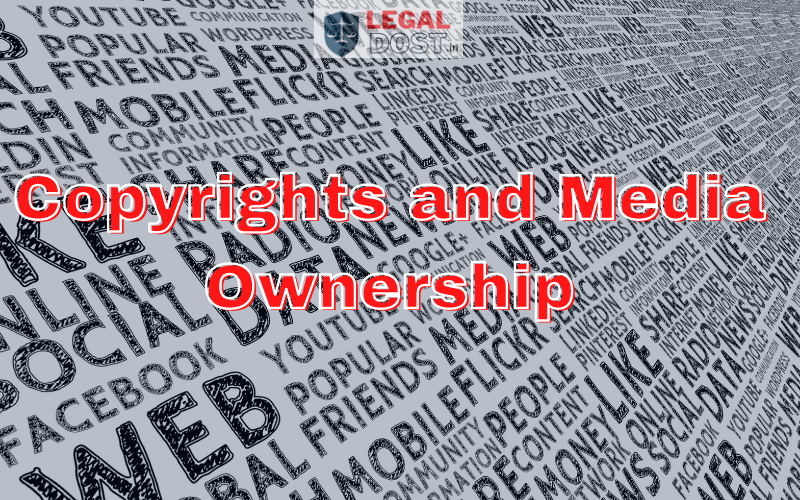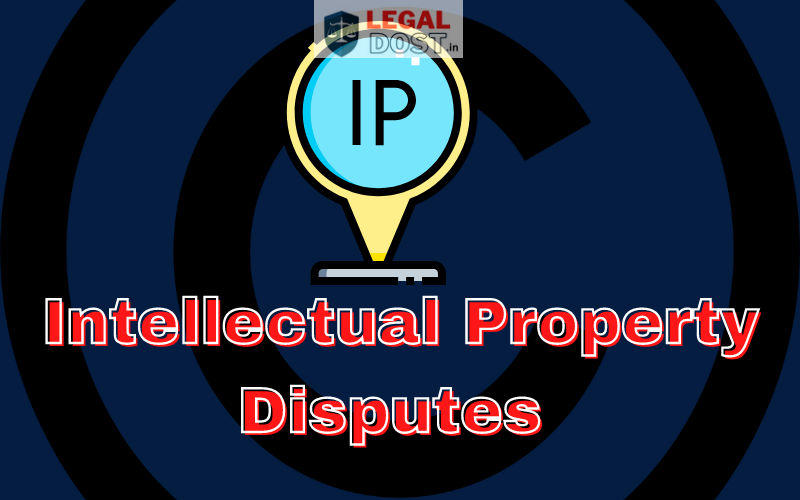As a content creator or media owner in India, it’s important to understand the legal frameworks surrounding copyrights and media ownership. Not only do these laws help protect your own creations, but they also ensure that you are respecting the intellectual property of others.
Here are some key points to consider:
What is Copyright?
Copyright is a legal concept that grants creators exclusive rights over their original works. This includes things like literature, music, films, and artistic works. In India, copyrights are governed by the Copyright Act of 1957 and the International Copyright Order, 1999.
Under Indian copyright law, creators automatically have exclusive rights to their works as soon as they are created and fixed in a tangible form. This means that you don’t have to register your work or include a copyright symbol (©) to have copyright protection. However, registering your work can make it easier to enforce your rights in the event of a dispute.
How Long Does Copyright Last?
In India, copyright protection lasts for the lifetime of the creator plus an additional 60 years after their death. For anonymous works, joint works, and works of government, the copyright protection lasts for 60 years from the date of publication.
What is Media Ownership?
Media ownership refers to the ownership of media outlets, such as television stations, radio stations, and newspapers. In India, media ownership is regulated by the Ministry of Information and Broadcasting.
The rules surrounding media ownership in India are complex and vary depending on the type of media in question. For example, there are different rules for print media, electronic media, and digital media.
One key aspect of media ownership in India is the requirement for foreign investment in the media sector to be approved by the Foreign Investment Promotion Board. This helps to ensure that the media landscape in India remains diverse and independent.
What are the Consequences of Infringing Copyright?
If you are found to be infringing on someone’s copyright, you could face legal consequences. This could include paying damages or even serving jail time in severe cases.
It’s important to be aware of copyright laws and to seek permission or a license if you want to use someone else’s work. This is especially important if you are using the work for commercial purposes.
How Can You Protect Your Own Copyright?
If you are a creator in India, there are a few steps you can take to protect your own copyright:
- Register your work with the Copyright Office. While registration is not required for copyright protection, it can make it easier to enforce your rights in the event of a dispute.
- Use a copyright notice. Including a copyright notice (e.g. “Copyright [Your Name] [Year]”) on your work can help deter others from using it without permission.
- Use a licensing platform. There are a number of online platforms that can help you license your work and manage the terms of use. This can be a convenient way to ensure that you are compensated for the use of your work.
In conclusion, understanding copyrights and media ownership is crucial for content creators and media owners in India. By following the relevant laws and taking steps to protect your own work, you can ensure that you are respecting the intellectual property of others while also safeguarding your own creations.
Bibhu Mishra is a prolific writer who has published many books spanning various genres. He is a legal enthusiast and an avid researcher of cutting-edge technology, diving into fascinating realms to bring captivating narratives to life.



